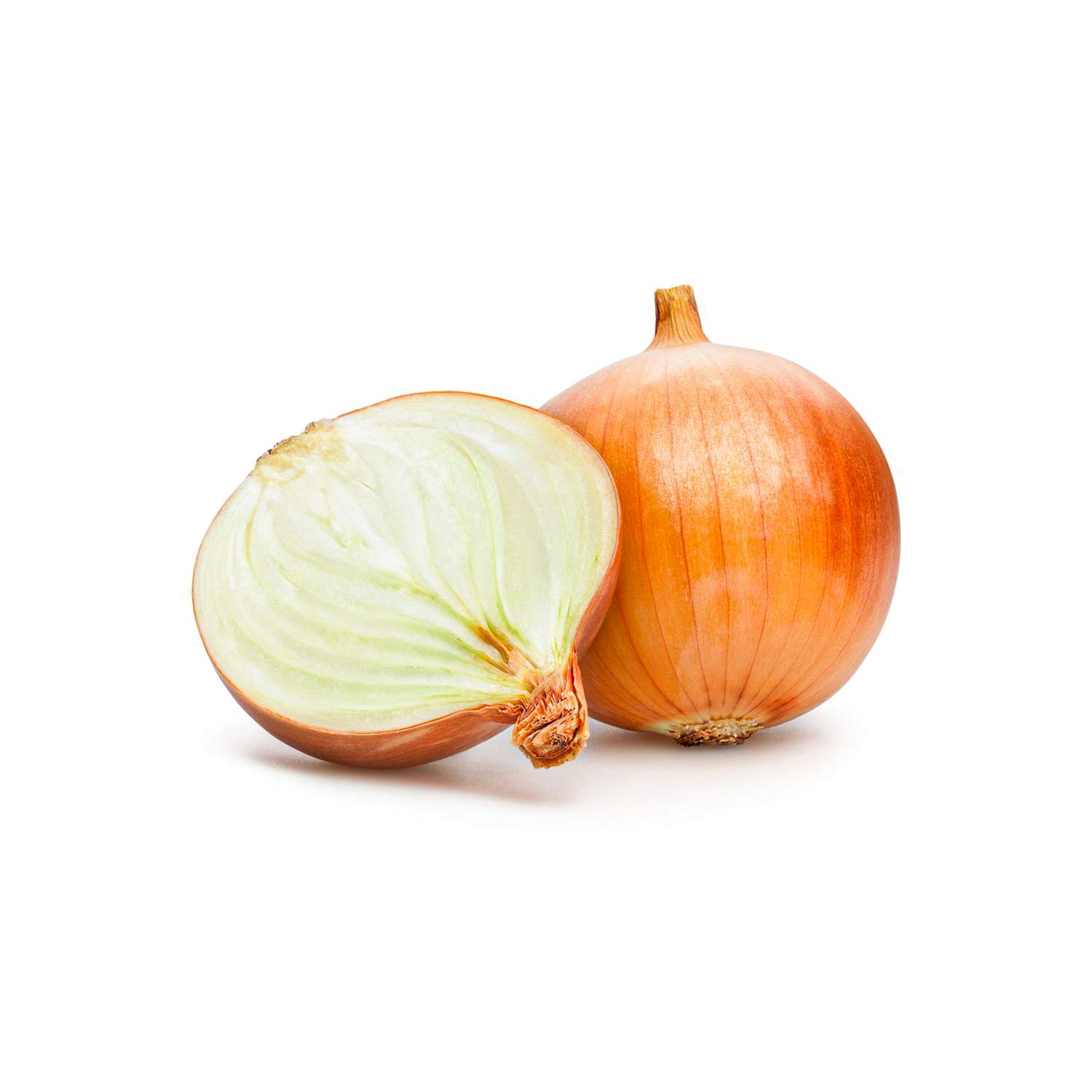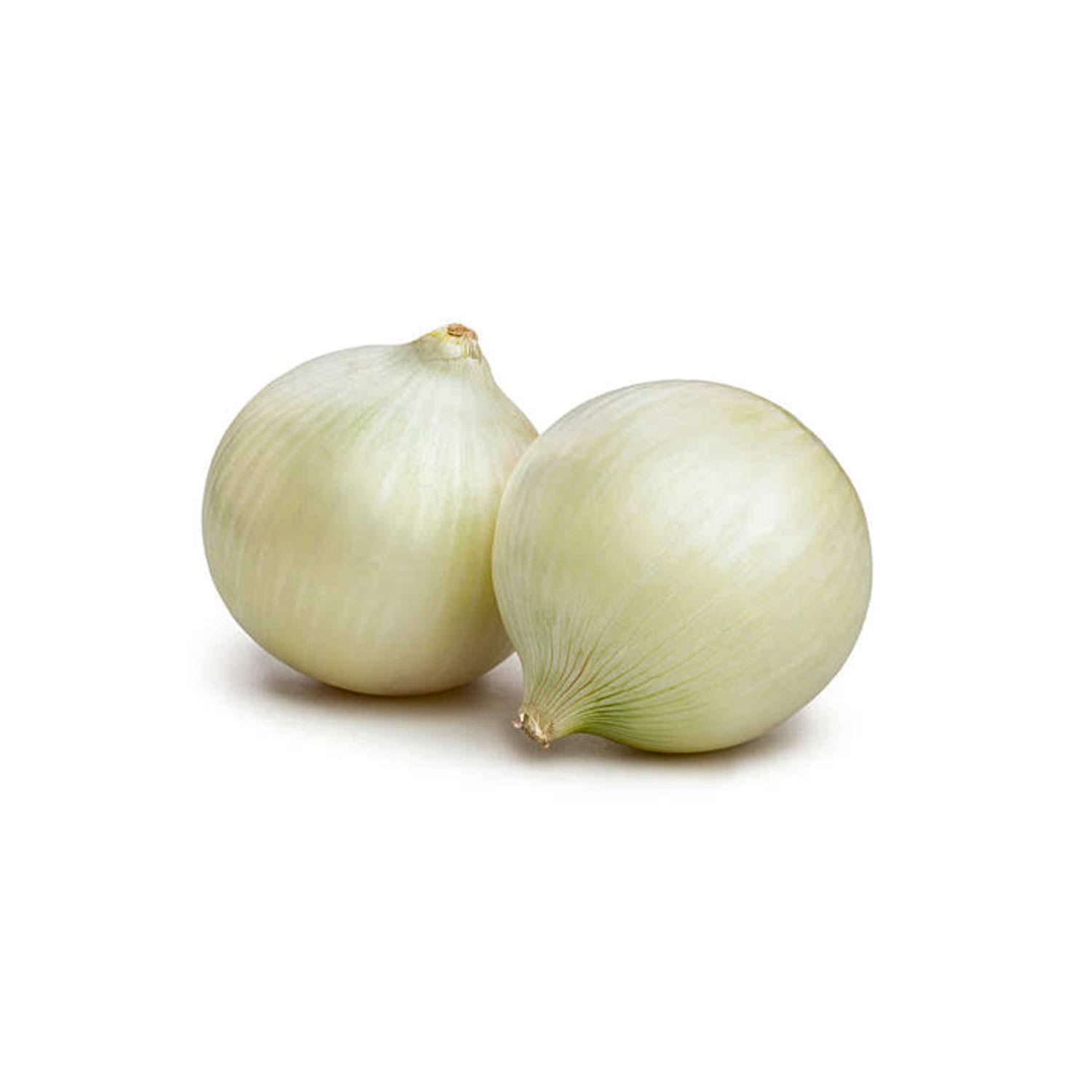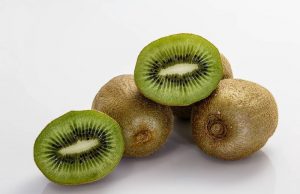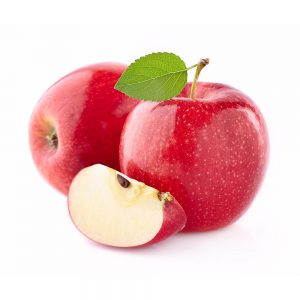The Sweet and Nutritious Superfruit
Why Choose Persimmons?
Persimmons are a delicious and nutritious fruit that often flies under the radar. Known for their vibrant orange color and unique flavor, these fruits pack a powerful punch of vitamins, antioxidants, and dietary fiber. Whether you eat them fresh, dry them, or use them in recipes, persimmons add versatility to any diet. In this guide, we will explore their health benefits, culinary uses, and tips for selecting and storing persimmons, demonstrating why they deserve a spot in your kitchen.Persimmons Benefit



Nutritional Benefits of Persimmons
1. Rich in Vitamins and Minerals
Persimmons provide an excellent source of essential vitamins and minerals, especially vitamin A, vitamin C, and potassium. A single persimmon supplies over 55% of the recommended daily intake of vitamin C, which supports immune health and skin vitality. Additionally, vitamin A promotes good vision and healthy skin, while potassium helps regulate blood pressure, thus supporting heart health.Persimmons Benefit
2. High in Antioxidants
One of the most notable features of persimmons is their high antioxidant content. These antioxidants, including flavonoids and carotenoids, fight oxidative stress in the body. By neutralizing free radicals, they reduce inflammation and lower the risk of chronic diseases such as heart disease and cancer. Therefore, incorporating persimmons into your diet can significantly enhance your overall health and well-being.Persimmons Benefit
3. Excellent Source of Dietary Fiber
Persimmons contain a substantial amount of dietary fiber, which benefits digestive health. A medium-sized persimmon offers about 6 grams of fiber that aids digestion, helps maintain a healthy weight, and promotes feelings of fullness. Moreover, a fiber-rich diet can lower cholesterol levels and improve blood sugar control.
Culinary Uses of Persimmons
1. Fresh and Delicious Snacks
You can enjoy persimmons fresh as a sweet and satisfying snack. Simply wash and slice the fruit, removing the skin if you prefer. Their sweet, honey-like flavor makes persimmons an excellent quick and healthy snack, especially during fall and winter when they are in season.
2. In Salads and Desserts
Persimmons add delightful sweetness and vibrant color to salads. Slice and toss them into green salads, pairing with nuts and cheese for an elegant dish. They also shine in desserts; you can use them in tarts and cakes or drizzle with honey for a simple treat. Their unique flavor complements a wide variety of ingredients.
3. Dried Persimmons
Dried persimmons retain the fruit’s natural sweetness and make a popular snack. Enjoy them on their own or add them to trail mixes, granola, or baked goods. Additionally, you can rehydrate dried persimmons for use in cooking or baking, where they provide a chewy texture and intense flavor.
Choosing and Storing Persimmons
1. Selecting the Right Persimmons
When you choose persimmons, look for fruits that are firm but slightly soft to the touch. Depending on the variety, astringent types like Hachiya should be fully ripe and soft before eating, while non-astringent varieties like Fuyu taste best when still firm. Make sure the skin looks smooth and free from blemishes.
2. Proper Storage Techniques
You can store persimmons at room temperature until they ripen. Once ripe, place them in the refrigerator to extend their shelf life. Properly stored ripe persimmons can last up to a week. If you happen to have overripe persimmons, try making dried persimmons or use them in smoothies or sauces.
3. Using Persimmons in Recipes
Persimmons work well in various recipes, from salads and smoothies to desserts and savory dishes. Try experimenting with cooking methods such as roasting or grilling to discover new and exciting ways to enjoy this versatile fruit.





